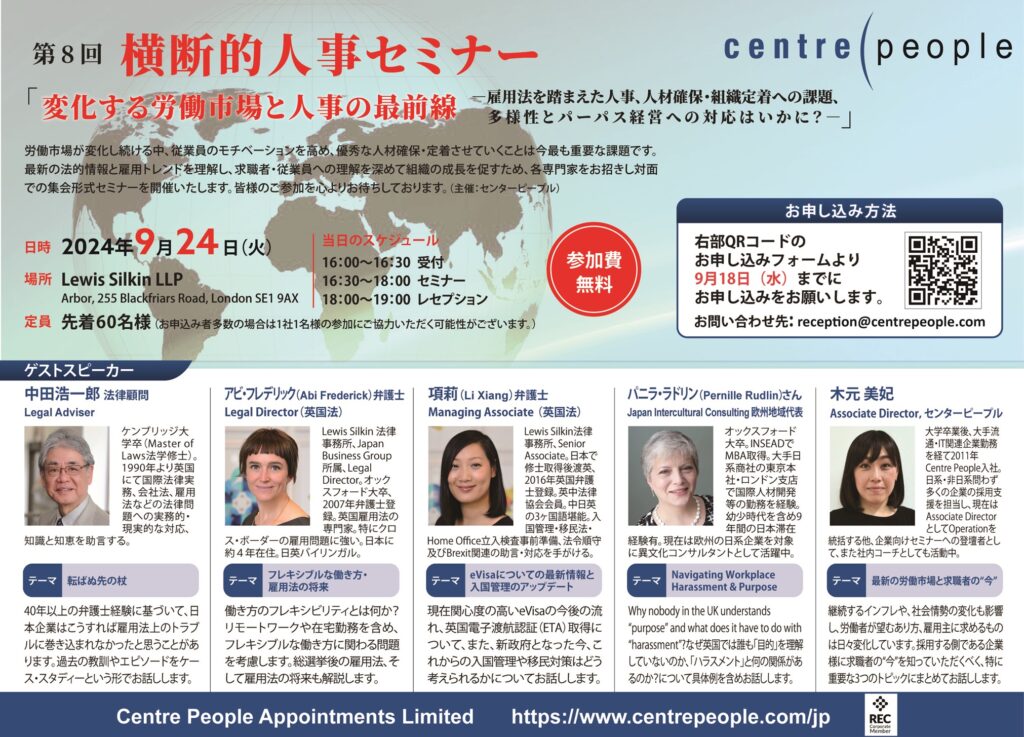Reflections on the past forty years of Japanese business in the UK – what’s next? – 7
(continued from part 6)
The Japanese consumer electronics companies which were such prominent sponsors of the 1985 Japanese Miracle conference at Oxford University had all set up manufacturing in the UK in the 1970s. Sony was the first, taking over an empty factory in Bridgend, with support from the Welsh development agency. Sony denied that it had been forced to manufacture in the UK because of the upward trend in the yen, or in response protests from British manufacturers at the high level of imports coming from Japan. It pledged to use local components as far as possible, and when asked whether it would introduce Japanese paternalism to UK labour relations, Mr Okochi, the MD, responded “when in Wales do as the Welsh do”.
Panasonic (or Matsushita as it then was) also set up a factory in Wales, near Cardiff and Hitachi adopted an old GEC TV factory in Aberdare. Nissan started manufacturing in Sunderland a year after the conference, the same year Honda opened its plant in Swindon, after having had a partnership with Rover since 1979, and manufacturing under licence.
It is well documented that Honda was extremely shocked by the state of British automotive manufacturing efficiency that it saw at the Rover plant, of tea breaks, working to rule and demarcation disputes. No doubt this was why Nissan and Toyota – who set up in Derbyshire in 1989 – were determined to build an effective, well trained workforce from scratch.
Hitachi and Nissan also brought Japanese style labour relations to the UK, by adopting a one union policy – and as far as I am aware, Nissan has never had a strike in its Sunderland factory since. British workers were in turn favourable towards other Japanese management practices, such as managers eating with workers in the same canteen, and dressing in the same corporate overalls, rather than a jacket and tie.
Sony still has operations in Bridgend to this day, but more focused on B2B rather than consumer electronics, such as broadcast equipment. Panasonic still manufactures home appliances in Wales but Hitachi closed its Aberdare plant in 2001. Hitachi is also now more focused on B2B, particularly energy and rail related businesses, with a rolling stock plant in Newton Aycliffe.
(For more on this period, see our post Hitachi in the UK from TV to Trains)
For more content like this, subscribe to the free Rudlin Consulting Newsletter. 最新の在欧日系企業の状況については無料の月刊Rudlin Consulting ニューズレターにご登録ください。
Read More
